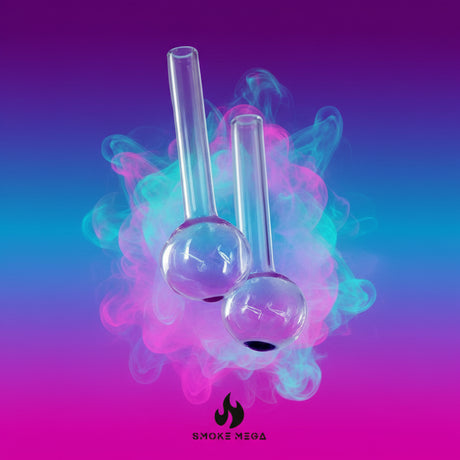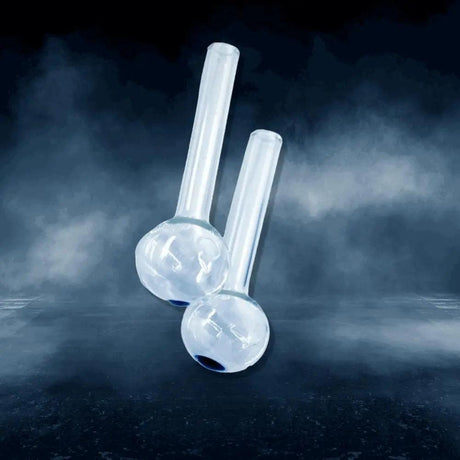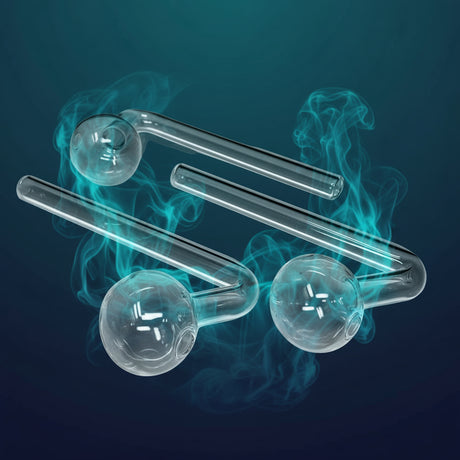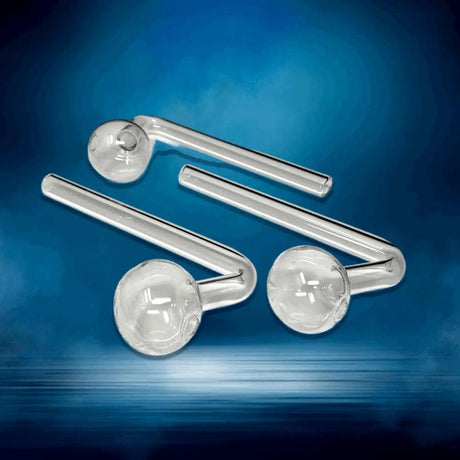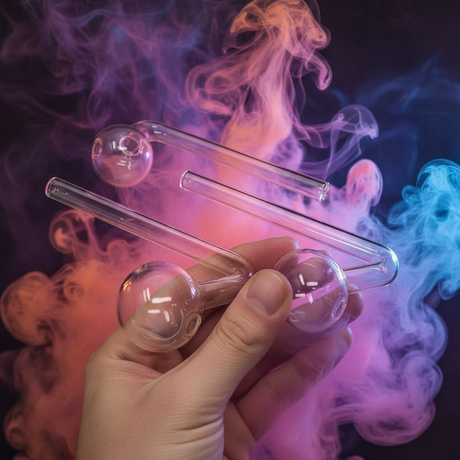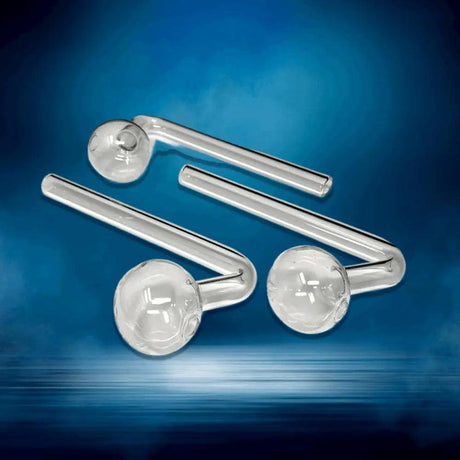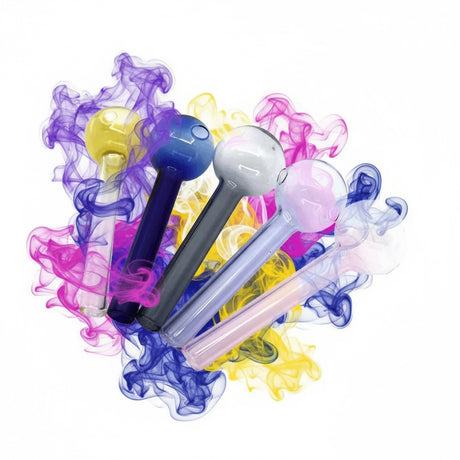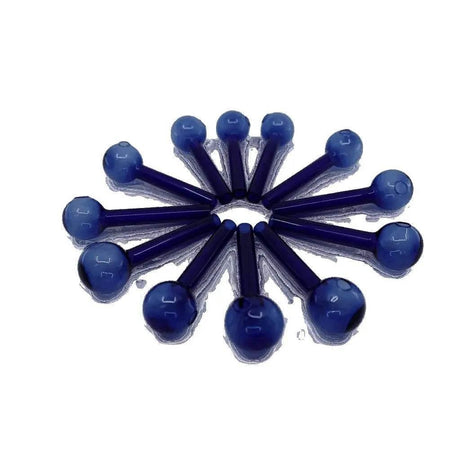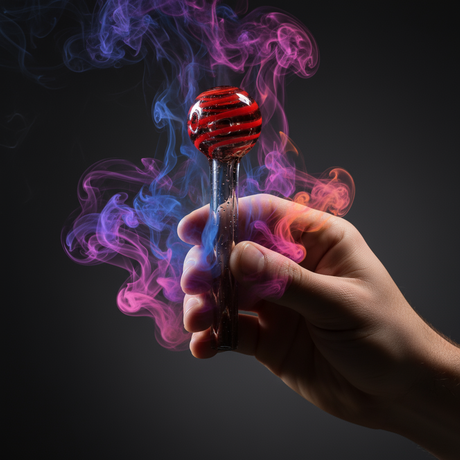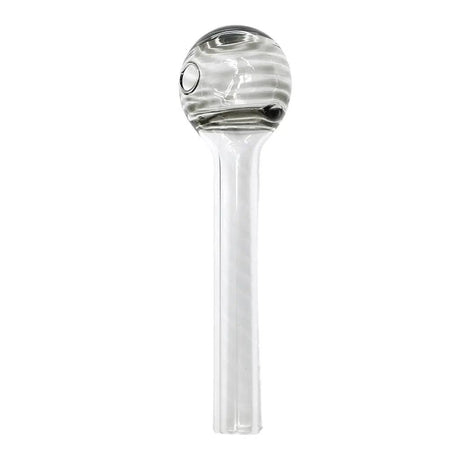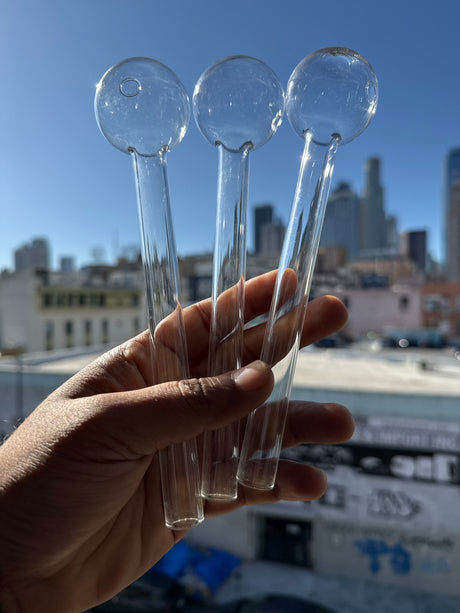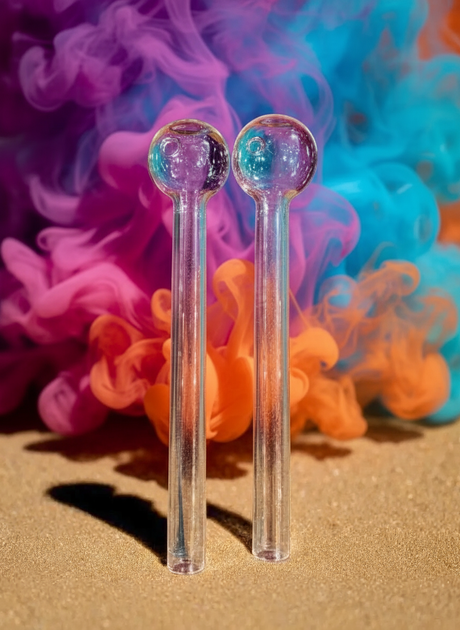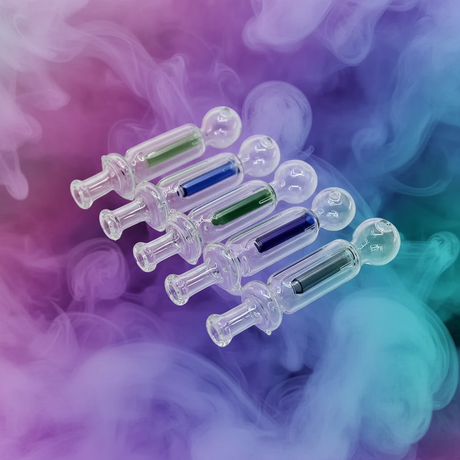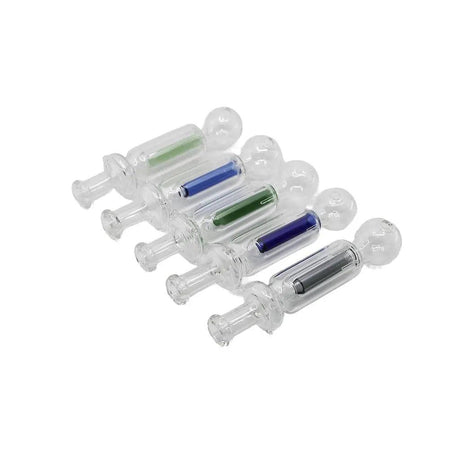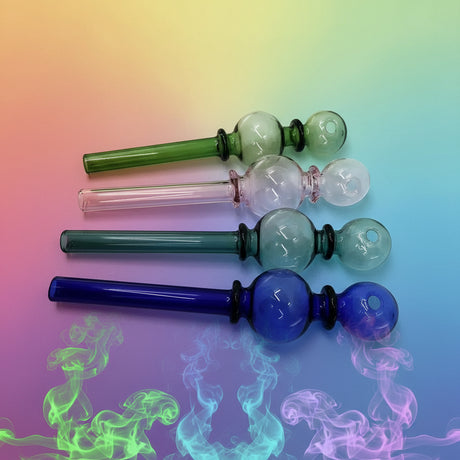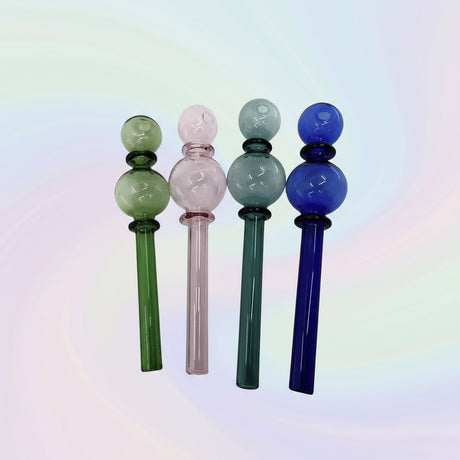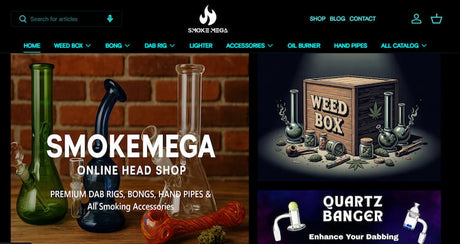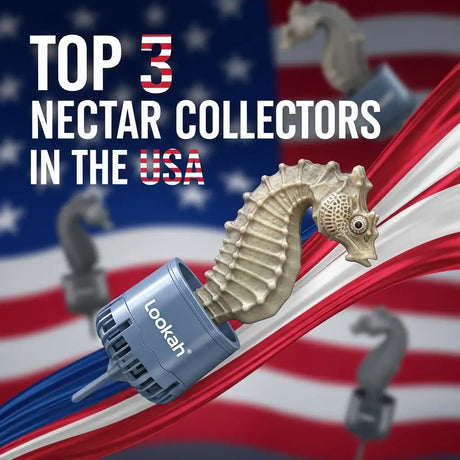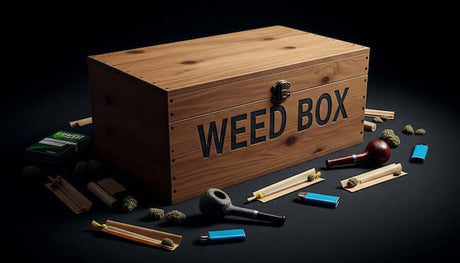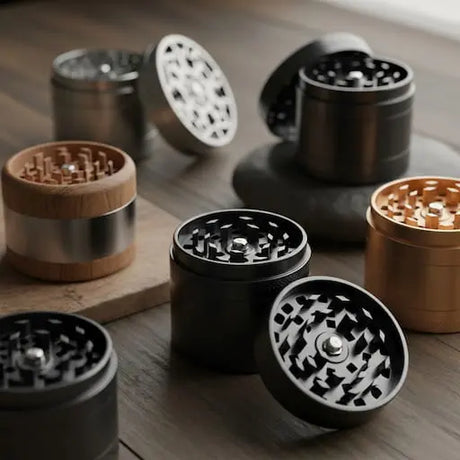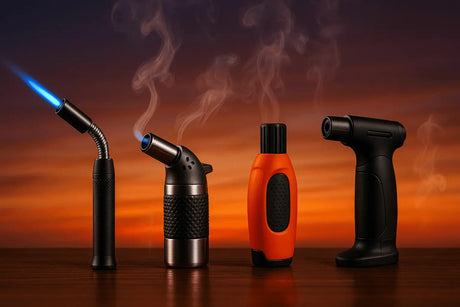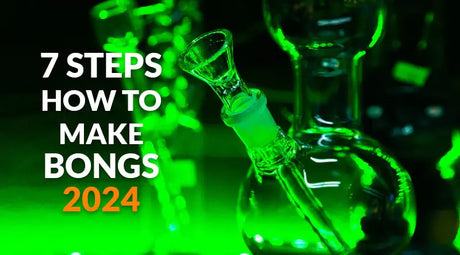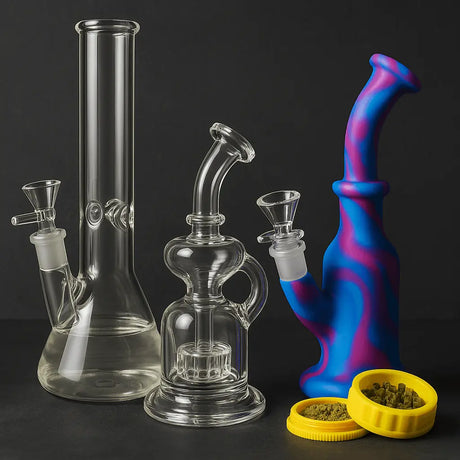Recent Posts
Your Go-To Online Smoke Shop: Discover Top Bongs & Dab Rigs for Effortless Hits
Published on October 03, 2025
Top 3 Nectar Collectors For Sale In The USA
Published on July 20, 2025
Premium Weed Box Prices in 2025: $39.99 to $149.99: Unbeatable Value
Published on July 09, 2025
The Best Weed Grinders of 2025: Expert Picks & Care Guide
Published on July 04, 2025
Discover US-Made Bongs That Outperform the Competition
Published on June 26, 2025
Discover the Best Butane Torch Lighters: Refillable & Stylish
Published on June 09, 2025
How Much Water Do You Put In A Bong?
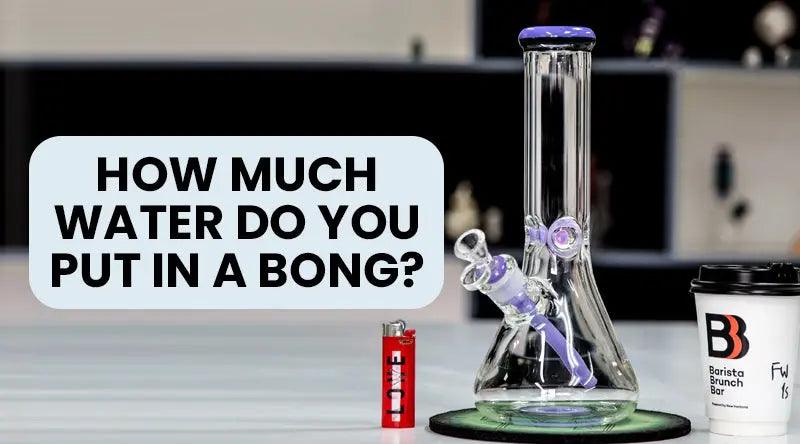
CP SMOKE MEGA |
As a professional in the field, I can tell you that the amount of water you put in a bong can greatly affect your smoking experience. The ideal amount of water for a bong is enough to submerge the downstem, without it splashing into the bowl. This ensures proper filtration and smooth hits. However, different bongs have different water levels, so it's important to read the instructions or consult the manufacturer's recommendations. Remember, it's better to start with less water and add more if needed, rather than overfilling and potentially ruining your smoking session.
The amount of water to put in a bong depends on several factors, including the type of bong and personal preference. Generally, you want enough water to submerge the downstream without it touching the surface of the water. This allows the smoke to pass through the water and filter out impurities, resulting in a smoother, cooler hit. However, adding too much water can lead to unwanted splashback, diluting the smoke and potentially affecting the flavor. Finding the right balance is key, and experimenting with different water levels can help you discover your ideal bong setup. So, how much water do you put in a bong? Let's delve into this question and explore the optimal water level for the ultimate bong session.
The Importance of Proper Water Level in a Bong
Using a bong is a popular method for enjoying cannabis or tobacco. The amount of water you put in your bong plays a crucial role in the smoking experience. The right water level can significantly impact the smoothness and flavor of each hit, while also preventing water from splashing into your mouth. In this step-by-step guide, we will walk you through the process of determining the ideal water level for your bong.

Step 1: Understand the Anatomy of a Bong
Before diving into the water level specifics, it's important to understand the basic anatomy of a bong. A typical bong consists of the following parts:
- Base: The bottom part of the bong that holds the water
- Chamber: The middle section where smoke accumulates before inhalation
- Downstem: A tube that connects the bowl to the base and allows smoke to flow into the water
- Bowl: The area where the herbs or tobacco are placed
- Carb Hole: A small hole, usually located on the side of the chamber, used for clearing smoke
- Mouthpiece: The part where you inhale the smoke
Familiarizing yourself with the different parts of a bong will help you better understand how the water level affects your smoking experience.
Step 2: Consider the Type of Bong
There are different types of bongs available, such as straight tubes, beakers, and recyclers. The type of bong you have may influence the amount of water you need to put in. For example:
Straight Tubes:
Straight tube bongs typically have a simple design with a straight neck and a base. For this type of bong, fill the water until it covers the downstem by about an inch. Avoid adding too much water, as it may cause splashing or restrict airflow.
Beakers:
Beaker bongs have a wider base that resembles the shape of a beaker. The water level should be approximately one to two inches above the bottom of the downstem. This allows for proper filtration and smoother hits.
Recyclers:
Recyclers, also known as "dab rigs," have a more complex design with additional chambers and percolators. For these bongs, it's essential to follow the manufacturer's instructions regarding the water level. Each recycler may have different requirements, so it's best to consult the user manual or online resources specific to your model.
Keep in mind that these recommendations are general guidelines and may vary based on personal preferences or the specific design of your bong.
Step 3: Add Water Gradually
When adding water to your bong, it's crucial to do it gradually. Start by pouring a small amount of water into the base and then slowly add more as needed. By adding water incrementally, you can achieve the ideal water level without overfilling.

As you add water, pay attention to the sound it produces. You want to hear a bubbling or percolation sound without excessive gurgling or chugging noises. Adjust the water level accordingly until you find the right balance.
Step 4: Test the Water Level
After adding water, it's time to test the water level to ensure optimal function and enjoyment. Take a few test hits without inhaling to observe and assess the water level. Here are a few indicators to look for:
Smoothness:
If the hits feel too harsh or difficult to inhale, it may be an indication that there is not enough water in your bong. Add a small amount of water and test again until you achieve a smoother experience.
Flavor:
Proper water level can enhance the flavors of herbs or tobacco. If you notice a loss of flavor or a change in taste, it could mean that there is too much water in your bong. Remove some water and test the difference in flavor.
Splashback:
Splashback occurs when water splashes up into the mouth while inhaling. If you experience frequent splashback, you may have added too much water. Adjust the water level by removing a small amount of water until the issue is resolved.
Step 5: Maintain and Clean Your Bong Regularly
Once you have determined the optimal water level for your bong, it's essential to maintain and clean it regularly. Stale water or residue buildup can affect the taste and overall smoking experience. Here are a few tips for proper bong maintenance:
- Change the water after each smoking session.
- Use cleaning solutions specifically designed for bongs to remove residue or build-up.
- Rinse and dry your bong thoroughly after cleaning to avoid any leftover cleaning solution.
- Store your bong in a safe and secure place to prevent any accidents or damage.

By maintaining a clean bong, you can ensure a consistent and enjoyable smoking experience every time.
In conclusion, the amount of water you put in a bong is crucial to the overall smoking experience. By following these steps and testing the water level, you can find the perfect balance for smooth hits, enhanced flavors, and reduced splashback. Remember to clean and maintain your bong regularly for optimal performance. Enjoy your smoking sessions with the perfect water level in your bong!
Key Takeaways:
- Fill the bong with enough water to cover the downstem.
- Make sure to leave enough space to create bubbles and filtration.
- Too much water can cause splashes and make it hard to inhale.
- Too little water can result in harsh and hot hits.
- Experiment with water levels to find your desired smoothness and flavor.
Frequently Asked Questions
In this section, we will address some commonly asked questions about the amount of water to put in a bong. Understanding the correct water level in a bong is crucial for optimal filtration and smoking experience.
What is the ideal water level for a bong?
When filling your bong with water, it is essential to find the right balance. The ideal water level for a bong is typically around 1-2 inches above the bottom of the downstem.
Having too little water will result in a harsh and dry smoking experience, while too much water can create excessive splashing and reduce the effectiveness of the percolation process.
How does the water level affect the bong's filtration?
The water level in a bong directly affects the filtration process. When the water level is too low, the smoke has less surface area to interact with the water, resulting in a harsh and unfiltered hit. On the other hand, if the water level is too high, the smoke can become overly damp, diluting the flavor and reducing the effectiveness of the percolators.
By maintaining the ideal water level, you can ensure efficient filtration, cooling, and diffusion of the smoke, resulting in a smoother and more enjoyable smoking experience.
How can I check the water level without pulling out the downstem?
If you want to check the water level in your bong without removing the downstem, there are a few methods you can try. One popular technique is to shine a flashlight through the bong's neck or use a small LED light. This way, you can see the water level without disturbing the setup.
Another method is to gently tilt the bong to one side, allowing water to move towards the downstem. By observing the movement of water, you can estimate the water level without fully disassembling the bong.
Can I put ice cubes in the bong instead of water?
Yes, you can put ice cubes in the bong instead of water. Adding ice cubes to the bong's chamber can help further cool down the smoke, providing a smoother and less harsh hit. However, it's crucial to ensure that the water level is still maintained properly with the addition of ice cubes. Too much ice can lead to excessive splashing and reduced airflow.
Additionally, it's important to use clean, filtered water when using ice cubes in the bong to avoid any contamination that may affect the taste and quality of your smoke.
Are there any specific guidelines for water level in different bong designs?
While the general rule of maintaining a water level around 1-2 inches above the downstem applies to most bongs, there may be variations depending on the bong's design. Certain bongs, such as beaker bongs or straight tube bongs with multiple percolators, may require slightly different water levels.
It's advisable to refer to the manufacturer's instructions or seek guidance from experienced users for specific guidelines on water levels based on the design of your bong.

